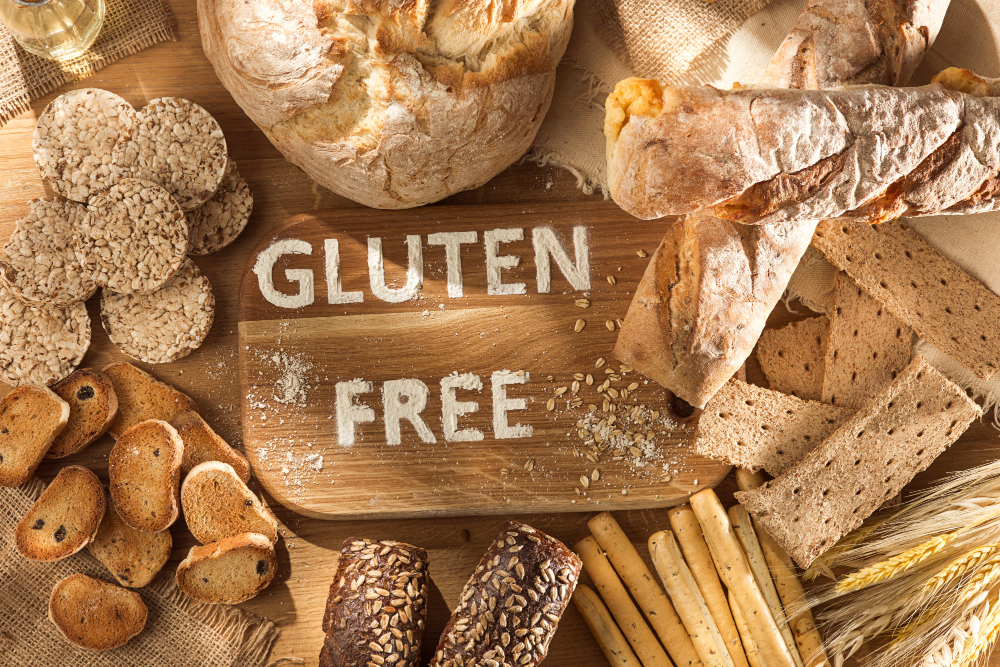Black beans, a staple in many cuisines around the world, are not only delicious but also packed with essential nutrients. These small legumes offer a wide range of health benefits and can be easily incorporated into various dishes. In this article, we will explore what black beans are and how you can incorporate them into your diet for a nutritious and satisfying meal.
What are Black Beans?
Black beans, scientifically known as Phaseolus vulgaris, are a type of legume. They are small, oval-shaped beans with a firm texture and a deep, dark color. Black beans are native to the Americas and have been cultivated for centuries. They are commonly used in various cuisines, including Latin American, Caribbean, and African dishes.
Nutrition Profile
Black beans are not only a versatile ingredient but also a nutritional powerhouse. They are an excellent source of plant-based protein, complex carbohydrates, dietary fiber, and essential vitamins and minerals. Here’s a glimpse of their nutrition profile:
- Protein: Black beans are rich in protein, making them an excellent choice for vegetarians and vegans. One cup of cooked black beans provides approximately 15 grams of protein, contributing to muscle growth and repair.
- Fiber: Black beans are loaded with dietary fiber, both soluble and insoluble. Fiber promotes healthy digestion, aids in weight management, and helps maintain stable blood sugar levels.
- Iron: These legumes are a good source of iron, a mineral essential for transporting oxygen throughout the body and supporting energy production.
- Folate: Black beans are rich in folate, a B-vitamin crucial for DNA synthesis, red blood cell production, and proper fetal development during pregnancy.
- Magnesium and Potassium: Black beans contain significant amounts of magnesium and potassium, which support heart health, muscle function, and proper nerve transmission.
Health Benefits of Black Beans
- Heart Health: The high fiber content in black beans helps lower cholesterol levels and maintain healthy blood pressure, reducing the risk of cardiovascular diseases.
- Blood Sugar Control: The complex carbohydrates and fiber in black beans promote steady blood sugar levels, making them a suitable food choice for individuals with diabetes or insulin resistance.
- Digestive Health: The dietary fiber in black beans supports digestive health, prevents constipation, and nourishes the beneficial gut bacteria.
- Weight Management: Black beans are low in fat and high in fiber and protein, making them a satisfying food that can help control appetite and promote weight management.
Incorporate into Your Diet

- Choosing the Best Beans: Look for dried black beans that are clean, shiny, and uniform in size. Avoid any discolored or damaged beans. Alternatively, canned black beans can be a convenient option, but check the label for low sodium or no-added-salt varieties.
- Soaking and Cooking: If using dried black beans, soak them overnight before cooking to reduce cooking time and improve digestibility. Rinse the beans thoroughly before cooking to remove any impurities.
- Versatile Ingredient: Black beans can be incorporated into a variety of dishes. Use them in soups, stews, salads, or as a filling for tacos, burritos, or enchiladas. They can also be mashed to make bean burgers or added to grain-based dishes like rice or quinoa.
- Flavor Enhancers: Enhance the taste of black beans by adding herbs, spices, and aromatics such as garlic, cumin, cilantro, or lime juice. These additions can elevate the flavor profile of your dishes.
- Black Bean Dip or Spread: Blend cooked black beans with spices, herbs, and a touch of olive oil to create a nutritious dip or spread for sandwiches, wraps, or as a vegetable dip.
Black beans are a versatile and nutrient-dense legume that offers a wide range of health benefits. With their high protein, fiber, and mineral content, they make an excellent addition to a balanced diet. By selecting high-quality beans, properly preparing them, and incorporating them into various dishes, you can enjoy the delicious taste and reap the nutritional benefits of black beans for improved health and well-being.
Image by Gilmar Koizumi from Pixabay
Diet
-

Can Arthritis Sufferers Benefit From A Gluten-Free Diet?
The relationship between diet and health has led to increased interest in dietary interventions for various medical conditions, including arthritis. One such approach is adopting a gluten-free diet, which involves eliminating gluten-containing foods. This article explores whether going gluten-free can benefit individuals with arthritis, examining both potential advantages and drawbacks. Understanding Arthritis and Gluten Sensitivity…
-

How to Overcome the Allure of Processed Foods and Make Healthier Choices
-

Foods that Fuel Fatigue: Be Mindful of Your Diet to Boost Energy Levels
-

The Health Benefits of Dark Chocolate for the Heart
-

Unveiling the Health Benefits of Pickles and How to Find the Healthiest Options
-

Nourishing Your Bones: 6 Essential Foods for Osteoporosis Prevention
-

Stock Up with Healthy Snacks with These 10 Easy Tips









Leave a Reply